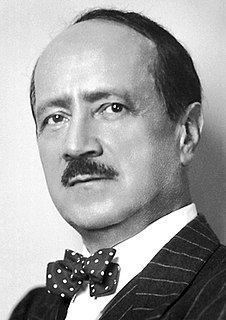A Quote by Drew Gilpin Faust
The seductiveness of war derives in part from its location on this boundary of the human, the inhuman, and the superhuman. It requires us to confront the relationship among the noble, the horrible, and the infinite; the animal, the spiritual, and the divine.
Related Quotes
War is thus divine in itself, since it is a law of the world. War is divine through its consequences of a supernatural nature which are as much general as particular. War is divine in the mysterious glory that surrounds it and in the no less inexplicable attraction that draws us to it. War is divine by the manner in which it breaks out.
The relationship between human and animal is wholly symbiotic. The person needs the animal for comfort and companionship, and the animal needs the love and caring of the human. It is a classic "win-win" situation. It sounds simple - and it is. That is why it works so well. In most cases, it will be remarkably spiritually uplifting to both human and animal.
Jesus came among us to show and teach the life for which we were made. He came very gently, opened access to the governance of God with him, and set afoot a conspiracy of freedom in truth among human beings. Having overcome death he remains among us. By relying on his word and presence we are enabled to reintegrate the little realm that makes up our life in the infinite rule of God. And that is the eternal kind of life. Caught up in his active rule, our deeds become an element in God’s eternal history. They are what God and we do together, making us part of his life and him a part of ours.
The miracle of Bach has not appeared in any other art. To strip human nature until its divine attributes are made clear, to inform ordinary activities with spiritual fervour, to give wings of eternity to that which is most ephemeral; to make divine things human and human things divine; such is Bach, the greatest and purest moment in music of all time.
Alas, human vices, however horrible one might imagine them to be, contain the proof (were it only in their infinite expansion) of man's longing for the infinite; but it is a longing that often takes the wrong route. It is my belief that the reason behind all culpable excesses lies in this depravation of the sense of the infinite.
The world of pure spirits stretches between the divine nature and the world of human beings; because divine wisdom has ordained that the higher should look after the lower, angels execute the divine plan for human salvation: they are our guardians, who free us when hindered and help to bring us home.








































